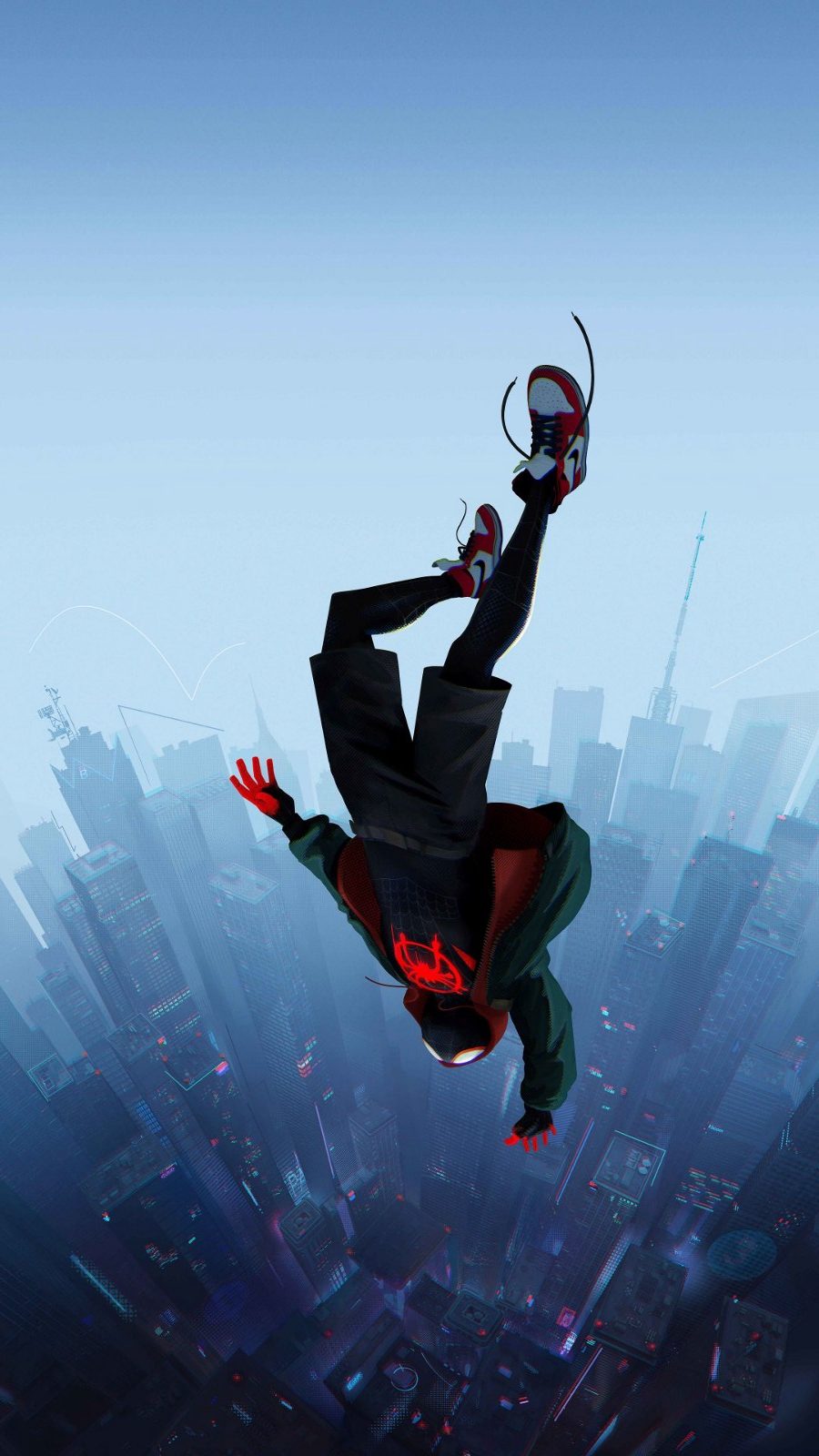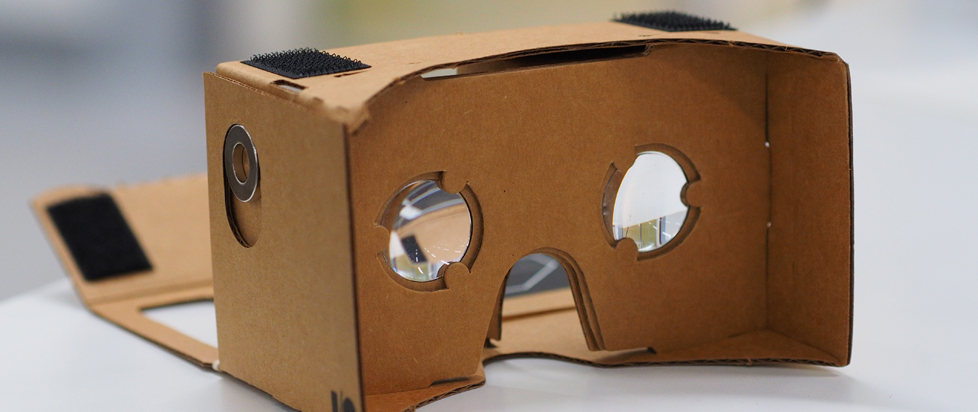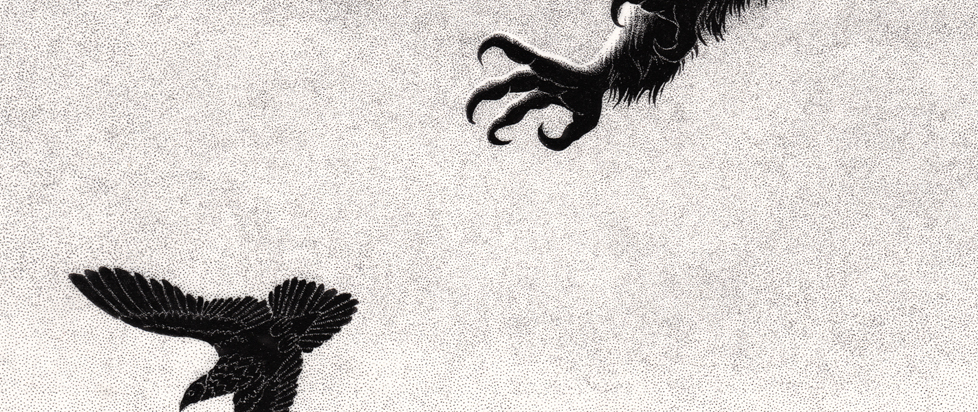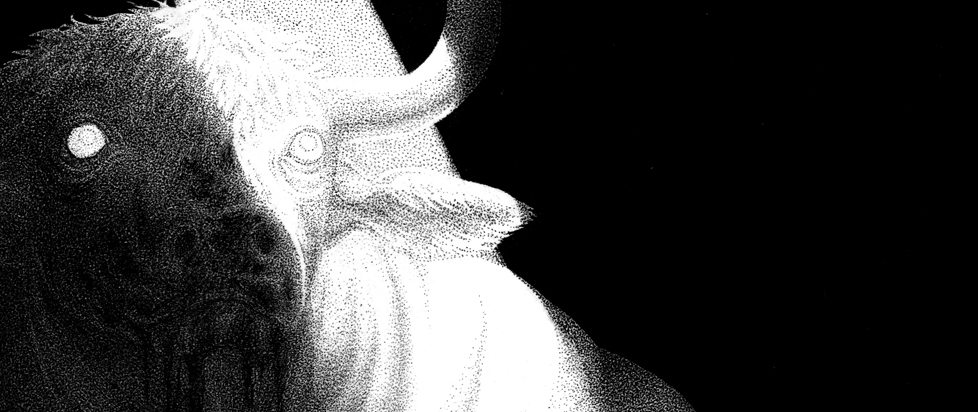
The Ones Who Understand
 This column is a reprint from Unwinnable Monthly #130. If you like what you see, grab the magazine for less than ten dollars, or subscribe and get all future magazines for half price.
This column is a reprint from Unwinnable Monthly #130. If you like what you see, grab the magazine for less than ten dollars, or subscribe and get all future magazines for half price.
———
Personal marks scattered through time.
———
During my first few years freelancing, I always introduced myself with the same message. “Hello! My name is Diego Nicolás Argüello, I’m 19 years old and I live in Buenos Aires, Argentina.” All my emails started with this tirelessly iterated template that my ex partner helped me write in order to seem as bilingual as possible. It was always followed by a brief explainer on how I had basically learned English thanks to the times I got stuck playing videogames as a child. If a game asked for a “key,” I would ask my father to translate it. As time passed, I’d consult a dictionary instead. This had gone on throughout my entire life. The only difference is that I’m 23 now.
This opening paragraph is important, because it relates to how I perceived myself in the public eye. I knew the language barrier presented a challenge, but the obstacles went far beyond writing or speaking well enough. Being Latinx put me into an unfamiliar position, riddled with implications and grappling with a perspective that I neglected until recently.
In my eyes, I am just a person from Argentina. I didn’t quite consider myself Latinx. My life experience is completely different from the folks living in the US, for example, struggling with systemic racism under a government that constantly promotes and supports the mindset that they don’t belong. Although the racism I know shares similarities, with people pushing away immigrants from bordering countries who come here to “steal our jobs,” it very much happens inside a bubble. From a young age you’re taught that you’re Argentinian and nothing more. It’s in the moment you attempt to step out that you realize how different things are outside of the southern hemisphere.
As I stepped into Los Angeles for the first time, after going through customs, a police officer asked me about the purpose of my trip. I explained that I was there on vacation for two weeks. A woman in her 50s also gave her case to another officer at the desk right beside me. By the time my interview seemed to be over, I was struck with two rapid fire questions. “Are you here with someone?” No, I said, confused. “Are you with her?” No, I insisted, quickly turning my head to the woman and back by reflex, returning to the piercing stare observing my reaction.

I was already nervous. Every conversation can be terrifying if your first language is foreign, despite knowing what to say and understanding what other people say. This moment lasted for less than 10 seconds, but it felt eternal; I was suddenly terrified at the possibility of further questioning over an inference that came out of nowhere. But the officer closed my passport and looked down, greeting me before I entered the country with a smile on his face, the piercing stare now back to normal, completely ignoring me. “Welcome to the United States.”
A few hours later, after taking a nap in the Airbnb, I made plans for the night. Spider-Man: Into the Spider-Verse was still showing in the ArcLight, a cinema in Sunset Boulevard. I had previously watched it in Argentina, despite the fact that it arrived a whole month after its global release – a period of my life in which I tried, and failed, to dodge as many spoilers as possible. But I was excited by the prospect of watching a movie completely in English without subtitles. Picking the film was an instant choice, as it had become one of my all-time favorites. I knew, back in Argentina, that this animated take on my favorite superhero was going to be special, but I could not possibly envision just how much it would mean to me.
Despite my efforts I was unable to write about it until now. I always blamed the unfortunate timing, but in reality I was missing the clear angle of what I truly wanted to say. It turns out that missing piece had always been with me, and my experiences as a South American writer trying to make a name of himself on international sites. I couldn’t think of a better story to start this column.

Months after the film’s premiere, 2018 came to a close, and I found myself beginning the year in which I traveled outside the country on my own for the first time, visiting a colleague and friend whom had happened to choose Buenos Aires as a holiday destination back in March. “You better come to Los Angeles,” he said. I laughed at the time, seeing it as an impossible task for a 21 year old living in a country known for its awful and often ridiculous economic problems. I was working full time and studying journalism in the evenings, and neither the schedule nor the salary were going to pay for that trip. But I started working towards that goal, as unreachable as it seemed back then.
It was also a time when I was trying my best to pitch ideas to international outlets, a shift that came from my decision to pursue a different kind of reporting and criticism that was almost non-existing here, especially in mainstream outlets. I had previously written for a local blog on a volunteer basis for over a year, where I learned about the craft and started showing my face at events, as well as a bigger, and far more exploitative site the following year, where I was given a monthly “salary” that covered two meals at a restaurant at best, writing pretty much everyday. “You’re gaining experience,” I’d often say to myself as I reviewed games that I hadn’t played per my editor’s request and I recycled press release after press release. “Hold on just one more month.”
Looking at the options that would give me an actual, yet similarly precarious, job in the local industry wasn’t keeping my hopes up, and I felt locked down into the wrong place for a long time. Until one day I noticed something on a local writer’s Twitter bio. He had an international byline. A glimmer of hope was now sitting in front of me. This person, somehow, had gotten their words picked up all the way from Argentina. And I wanted to do the same. I was too shy to ask about it, so I began doing research on my own.
It turns out that no matter how much you’ve written in your lifetime, very few people will consider your work if it’s in a foreign language. So I started doing everything I could. I wrote reviews on Steam. I got involved with volunteer sites that seemed promising at first, but ended up repeating the same problems I had experienced before. But I had to begin again from scratch, and that experience wasn’t going to earn itself. I was lucky enough to stumble upon Unwinnable, where I finally got my debut in 2017. The next few months were rather quiet, but I was slowly gaining confidence. And while I spent most nights drinking beer with my friend when he came here the following year, he took the time to motivate me to make the jump and pursue all those outlets I had been reading and using as sources for the world that awaited me outside Argentina. That’s when I started to take it seriously.

Despite the small steps and slow progress, my dream was starting to manifest itself as a tangible path ahead of me. But it proved to be a rocky one. It’s easy to feel insecure as an outsider. You end up revising the same email over and over again before pressing send. The waits are agonizing not only because folks are busy or due to the occasional case of ghosting, but because you feel that you’re bothering people. Asking them for a chance to get closer to the industry, and then borrowing its attention for as long as your tweet gets engagement when you share the final piece, quickly moving onto the next thing in order to stay relevant enough, aiming higher each time.
Some early experiences didn’t help with my insecurity at all. Receiving an email late at night after handing in a draft asking if it was safe to assume English wasn’t my first language was one of them, which at the time put me in perspective. You begin to attain all these small victories and you feel your confidence growing, but all that effort can quickly disappear in moments like these. Everyone tells you that getting rejections get easier with time, that you begin to develop a skin for them. But these are of a different kind.
Months after returning from Los Angeles, I had an offer from a site I was contributing to on a freelance basis to attend E3 on their behalf. I was paying my credit card debts at the time, with the hopes of making it to PAX West, but E3 was not in my plans. I only accepted because the trip was sponsored, so aside from a couple expenses I didn’t have to worry too much.

That Sunday evening of June, days before the expo was going to open its doors, I ended up in a party with only a handful of friends, but dozens of people whose faces and names I recognized from Twitter. I was the only Latinx around, but I had been comfortable enough that the thought had not crossed my mind until an interaction with a certain person. We had been chatting briefly beforehand through tweets for a while, and it was great to, as everyone likes to say, put a face to a name. But as soon as I let my words come out from my mouth, all that excitement for meeting a mutual vanished from their face. I was completely ignored afterwards, despite the fact that we were all chatting in the same group.
I didn’t quite understand why at first, until a few moments after, when I separated myself from the circle to grab a drink. “Wait, is that racist?” I overheard as I was making my way back, followed by laughter. At that point I felt a struck in my chest, a feeling that I had never experienced before. I was being left out and mocked at the same time. A reminder that I didn’t belong with the group of white folks, and that despite my efforts, I was still an outsider.
There is a moment in Spider-Man: Into The Spider-Verse where Miles Morales hits a breaking point. He had found out about his new powers a few days before, and has to stop Kingpin from destroying New York. A multidimensional rupture had brought Spider folks from other timelines, who were already established in them and knew the ins and outs of the job. Miles was only taking his first steps, but was prepared to do anything to prove his worth, despite being warned several times about the danger ahead, despite being reminded that he was not ready to take on this new responsibility.
 After finding out his uncle was one of the villains under Kingpin’s thumb, and being with him in his final moments after getting shot for not following the order to kill his nephew, Miles tries to deal with grief by himself, pushing back the support from his new peers. He sees his struggles as his own, and no one else’s. But the group quickly express an important message: “We’re probably the only ones who understand what you’re going through.”
After finding out his uncle was one of the villains under Kingpin’s thumb, and being with him in his final moments after getting shot for not following the order to kill his nephew, Miles tries to deal with grief by himself, pushing back the support from his new peers. He sees his struggles as his own, and no one else’s. But the group quickly express an important message: “We’re probably the only ones who understand what you’re going through.”
That humane showcase of vulnerability and empathy has stayed with me ever since. I always thought I was alone in this. Maybe that writer with an international byline had seen similar struggles and decided it was not worth the time, as he stopped writing shortly after I crossed paths with him. I kept pushing as far as I could despite everything, but for years it seemed as no one but me could understand my experiences.
This isolation came from neglecting who I really am, and how I’m seen by the outside world. I detached myself from other life experiences without thinking about the shared struggles that comes with the job. I kept seeing folks who also shared a Latinx heritage as successful writers who already had been accepted in the industry. It took me a while to stop and realize that we had much more in common.
People will probably look at my portfolio now and share this same misconception, see someone who, in one way or another, has made it. It comes with the nature of the job, where Twitter serves as our credentials and we sneak as many bylines as possible in our bios, showcasing that hey, I also wrote for that site. But in reality, minority and marginalized groups are fighting every day to earn and maintain their spot.
Miles’ moment of realization comes with a leap of faith, a symbolic and empowering moment where we finally see him taking that step to become what he was meant to be. I took mine when I decided to start pursuing this career seriously, sitting in a bar at 2 AM, drafting pitches with an established writer who took a chance on me. But it wasn’t the only one. I take a leap of faith every time I press send on an email, despite the fact that I have ditched that old introduction and have grown used to getting rejected. It’s there every time I join in a voice chat, and every time I meet someone in person and say my name, afraid that their perception will change as soon as they hear me speak.
There’s hundreds of similar stories to mine, many of them untold out of fear for professional retaliation. Despite having pretty much monthly discussions of how sites need better BIPOC representation, little seems to change, and we end up in an endless cycle while some of the most talented and underrepresented voices burn out and change industries or careers altogether.
During the past few months, seeing the protests all around the world as Black folks demand justice and reminded everyone that their struggles aren’t new, I was struck with the realization that I can be part of the movement that wants to see these changes happening. That my voice does matter, regardless of how hard I have to fight everyday to make it heard. And the next time I feel that I don’t belong, I’ll remind myself that I’m not alone. I can always count on the ones who understand.
———
Diego Nicolás Argüello is a writer from Argentina who has learned English thanks to videogames. He also runs Into The Spine and is objectively bad at taking breaks. You can catch him procrastinating on Twitter @diegoarguello66.




